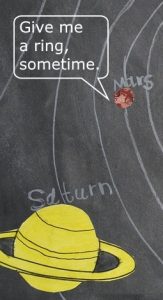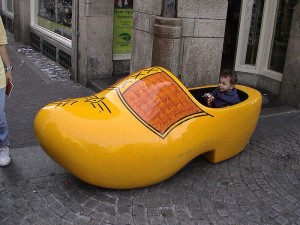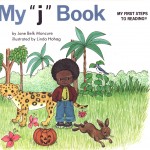Kids space jokes develop humor. How many times a day does your child laugh? No matter the number, it’s likely much more than you do as a parent or caregiver.
Q. Why did the cow go in the spaceship?
A. It wanted to go to the mooooooon.
Q. Which planet is Mickey Mouse’s favorite? 
A. Pluto.
Q. What planet sings?
A. Neptune.
Q. Why wasn’t the man in the moon hungry?
A. He was full.
Q. What did the planet Mars say to Saturn?
A. Give me a ring sometime.
Q. How do parents in outer space get the baby to sleep?
A. They Rocket.
A sense of humor is something that grows. There is a great deal of learning involved and brain activity. First, children need to recognize that whatever is happening is unexpected or out of the ordinary. They have to figure out it is not intended to be hurtful or scary. Once the brain makes those connections, kids need to react with an appropriate emotional response, like laughing or squealing with glee. Linking all these and other thoughts and emotions is complicated. Is it any wonder kids often get the punch lines mixed up or find things funny that adults don’t?
Humor has a social aspect too. Kids will laugh at jokes and actions just because others are laughing. Imagination is also a part of humor. Our mind creates pictures that are funny and silly, like a cow in space. Jokes may have a best-before date. For kids to find to figure out the play on words of Saturn giving Mars a ring sometime, they need to connect the word ring with telephones. In the experience of kids now, phones beep, buzz, sing, chime, and make other noises. How many of us ask another person to ring us? We more than likely ask them to give us a call.
Kids space jokes develop humor and sharing a laugh develops a bond that can cross space.


